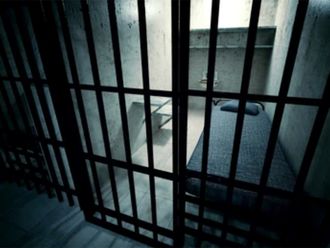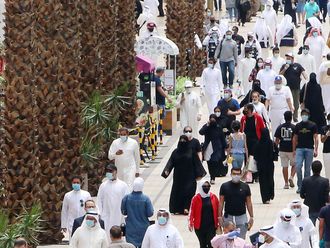United Nations: Qatar's prime minister on Wednesday sought UN help with an Arab League monitor mission in Syria saying it had made "mistakes."
The prime minister, Shaikh Hamad Bin Jassem Al Thani, discussed the Syrian government's deadly crackdown on protests with UN leader Ban Ki-moon as the Arab League mission faced criticism from the Syrian opposition.
"We are coming here for technical help and to see the experience the UN has, because this is the first time the Arab League is involved in sending monitors, and there are some mistakes," Shaikh Hamad, who heads an Arab League task force on Syria, was quoted as saying by the Kuwaiti news agency Kuna.
A UN spokesman said only that Ban and the Shaikh Hamad "discussed practical measures by which the United Nations could support the observer mission of the Arab League in Syria."
Shaikh Hamad would not say what mistakes had been made. Syrian opposition groups say the monitors have been kept under too tight a rein in the country and that hundreds of people have been killed despite the presence of the monitors.
"This is the first experience for us. I said we have to evaluate what sorts of mistakes" have been made, the Qatari prime minister said. "There is no doubt for me. I can see there are mistakes, but we went there not to stop the killing but to monitor."
The prime minister said it was President Bashar Al Assad's job to stop the killings, which the United Nations now puts at more than 5,000 since March.
The monitors had done their best, the prime minister was quoted as saying, but they do not have enough experience. That is why "we need the experience from the UN and we need to see how we can evaluate if they go back, how they will work."
Shaikh Hamad said that if the observer mission goes back, the Syrian government must keep its "commitments" under the accord made with the 22-nation Arab League. Arab League ministers are to discuss the mission at a meeting on Saturday.
He said ministers would evaluate the crisis and "we will see whether we can continue the mission or not and how we can continue the mission. But we need to hear the reports of the people who have been on the ground first."












